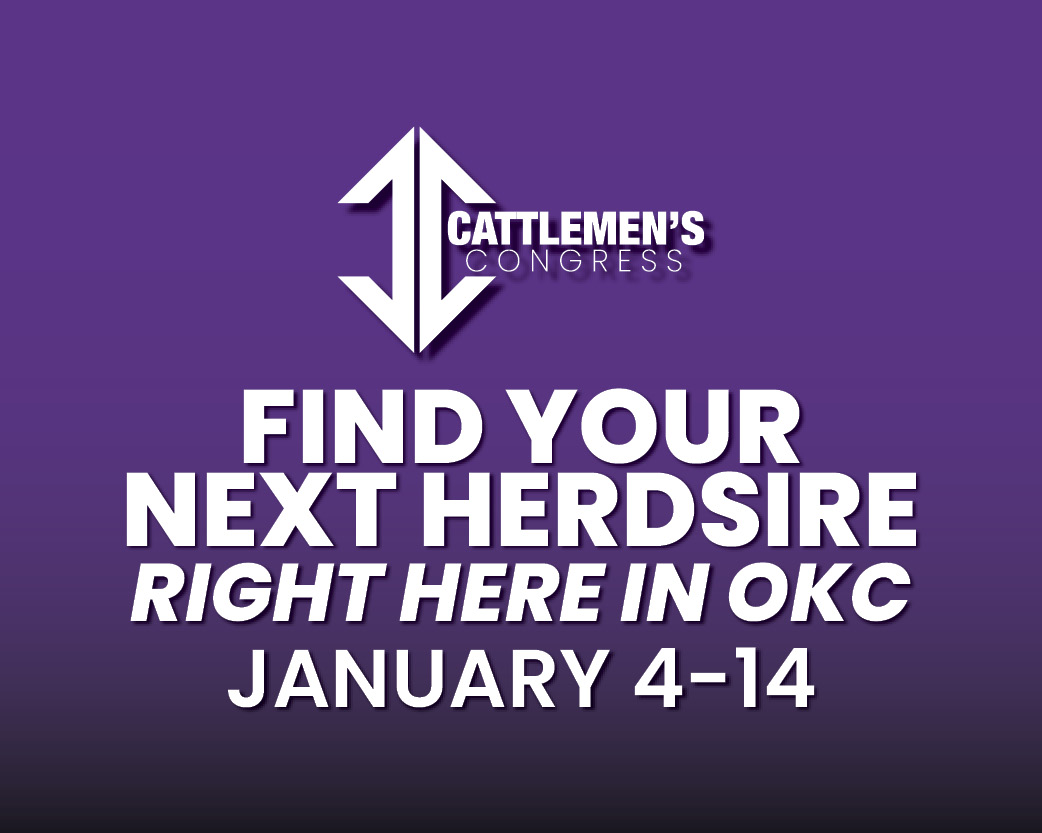
On the sidelines of this past Saturday’s 580 Cattle Conference in Woodward, Oklahoma Farm Report’s Ron Hays talked with Oklahoma Third District Congressman Frank Lucas, who shared his enthusiasm about recent legislative wins that lay the groundwork for the 2025 Farm Bill. “It’s been a struggle, as everyone knows, to pass a comprehensive Farm Bill,” he admitted, citing ideological divisions in Congress. He praised Chairman Thompson for taking advantage of a legislative window, saying, “Let’s come up with enough savings that we can fund the fundamental parts of the farm bill process… let’s do it for six years.” Lucas said the ag provisions were largely left untouched during debate, which allowed for the critical funding mechanism to be locked in. “The Ag provisions were ignored by our usual antagonist because they were too busy squabbling about other stuff.”
Lucas emphasized the importance of Title One of the Farm Bill, which was updated from the 2018 Farm Law in the Big Beautiful Bill. “Yes, it is the fundamental money that funds crop insurance and the price protection programs, the things that are the producers’ safety net,” he said. He pointed out that these updates reflect real changes in the ag economy: “Think about COVID, think about the trade wars, think about inflation, think about the European wars — all of those things that have raised producer input costs.” While cattle producers might be doing well now, “everybody else is having tough times,” which justifies the need for those safety net adjustments.
Looking ahead to what some are calling the “skinny” or “light” Farm Bill, Lucas explained the continued emphasis on crop insurance and voluntary producer participation. “Participate if you want, if you don’t want to, don’t participate… pay those premiums, have that protection, be able to go to your banker and say, ‘I’m doing everything I can to protect my farming operation.’” He stressed the importance of flexibility and local control in shaping agricultural policy, rather than relying on mandates or outside regulation.
Lucas also highlighted a growing threat from the New World screw worm fly and the urgent need to reinvest in sterile fly production. “They will eat livestock alive… and they will eat you alive if you have an infestation as a human being,” he warned. He praised Secretary Rollins for decisive action and described the fly control program as a public good: “It’s not chemicals, it’s not something funky. It is simply something as basic as X-rays to sterilize billions of flies.” Lucas believes that restoring and expanding the sterile fly program should be a top priority in the upcoming bill.
On trade and tariffs, Lucas acknowledged growing concerns but stood by the Trump administration’s approach. “President Trump is, as my old grandfather would have said, a horse trader… he’s making progress,” Lucas said, citing gains with Japan and Europe. He stressed the importance of exports to his district: “85% of the cotton in this country goes out. 40% of the wheat raised in this country goes out.” Lucas also spoke about energy trade with Europe, saying, “We truly do sit on… an ocean of natural gas,” and argued that increasing exports of American energy to the European Union, displacing Natural Gas from Russia, would be “a better gift to Putin than selling the world American natural gas for money.”


















